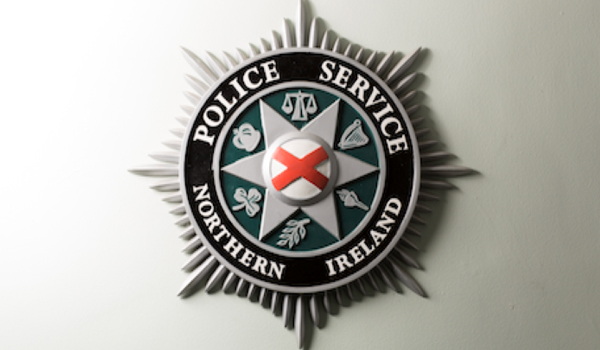Four former British soldiers face prosecution over Belfast shootings following PSNI investigation
The Police Service of Northern Ireland (PSNI) says it “acknowledges” the decision by NI Public Prosecution Service (PPS) to prosecute four former soldiers over shootings in Belfast in 1972.
It follows an investigation by the PSNI’s Legacy Investigation Branch (LIB) into the activities of an undercover Army unit known as the Military Reaction Force, which operated in Belfast in the early 1970s.
The PPS confirmed on Thursday (February 8) that one former soldier, known as Soldier F, will be charged with the murder of 44-year-old Patrick McVeigh who was shot at the junction of Finaghy Road North and Riverdale Park South on May 13, 1972
The same soldier will also be prosecuted for the attempted murder of four other people who were wounded in the same incident.
The PPS said that Soldier F and three other former soldiers – known as Soldiers B, C and D – also face prosecution for the attempted murder of two victims during a shooting incident in Slievegallion Drive on May 12, 1972.
The PSNI has been investigating the MRF since the release of a BBC Panorama documentary, in which former members of the unit said it had been involved in the killing of unarmed civilians.
It submitted files to PPS in 2020 after the then Director of Public Prosecutions, Barra McGrory KC, referred the case to the PSNI chief constable for investigation November 2013.
Detective Chief Superintendent Claire McGuigan, head of the LIB, said: “The PSNI acknowledges today’s decision by the PPS to prosecute four individuals in this matter.
“Following a referral from the PPS, the PSNI’s LIB investigated the activities of the Military Reaction Force, on the grounds that criminal offences may have been committed following a BBC Panorama programme on the unit, which resulted in the forwarding of the two files to the PPS for their consideration.
“We recognise that this will undoubtedly be a difficult and emotional time for all of the families involved and we are reflective of the long journey this has been for the families. Our thoughts are with every one of those families today.
“Given the pending prosecutions we are unable to comment further at this time.”
The LIB also investigated a shooting on the Glen Road on May 6, 1972, in which one victim suffered a gunshot wound. However, the PPS said no decision was issued in that case as all of the suspects are deceased.
The surviving suspects in the Silvio Street incident and the shooting at the Glen Road Bus Terminus had not discharged their weapons and there was insufficient evidence to establish that they were party to any joint enterprise with those soldiers, now deceased, who had fired, it added.
The second file submitted by the LIB related to an incident in which 18-year-old Daniel Rooney was shot dead at St James’ Road on September 26, 1972, and a second man suffered a gunshot wound. This incident involved a separate Military Reaction Force. The PSNI reported two former soldiers, known as Soldiers A and C, for consideration on this file. Both were considered for the potential charge of murder and attempted murder.
“After a thorough consideration of all evidence in this file, it was concluded that there was insufficient evidence to prosecute any individual for any offence,” the PPS said.
“The reasons for the decision in this case included difficulties with the admissibility of accounts obtained from the soldiers in 1972 and the inability of a series of recent forensic examinations to provide evidence capable of resolving significant conflicts within the evidence.”
PPS Assistant Director Martin Hardy said all victims and families involved in the above investigations were informed of these decisions today.
He said: “Regardless of the differing outcomes in relation to each incident examined, we in the PPS recognise that this is a painful day for all victims and families involved and that they have waited a long time to reach this stage of the process.
“Where a decision to prosecute has been taken, I would emphasise that criminal proceedings will commence in due course and there should be no reporting, commentary or sharing of information which could in any way prejudice these proceedings. We will keep in touch with the relevant victims and families as these cases progress.
“Where a decision not to prosecute has been taken, I can assure victims and families involved that the prosecution team, which included an independent senior barrister, considered the available evidence thoroughly, independently and impartially.
“A prosecution can only be brought when the evidence presents a reasonable prospect of conviction at court for any reported individual. Each case is considered in light of its own individual facts and circumstances. In these decisions not to prosecute, the admissibility, availability and sufficiency of evidence were key factors in reaching a conclusion that the Test for Prosecution was not met.”
Mr Hardy said victims and families who were today notified of a decision not to prosecute had received a detailed written explanation of the reasons, along with an offer to meet with the prosecution team.


